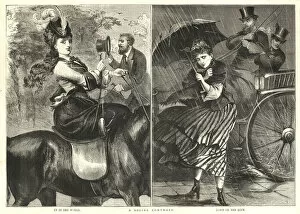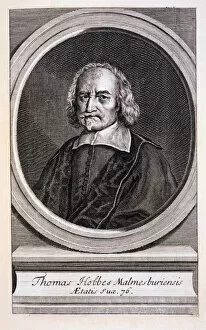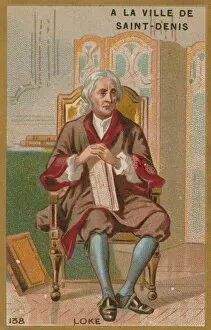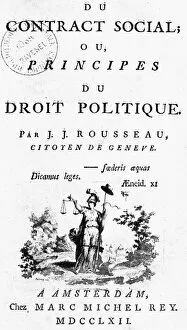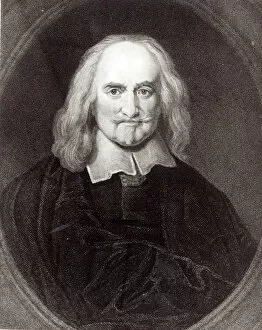Social Contract Collection
"The Evolution of the Social Contract
All Professionally Made to Order for Quick Shipping
"The Evolution of the Social Contract: Exploring the Philosophical Perspectives of John Locke and Thomas Hobbes" In this captivating collection of engravings and chromolithos, we delve into the profound ideas surrounding the social contract theory put forth by two influential English philosophers - John Locke and Thomas Hobbes. The first engraving portrays John Locke, an Enlightenment philosopher whose ideas shaped modern political thought. His intellectual prowess is evident in his piercing gaze as he contemplates the nature of society and government. Contrasting this image is another engraving titled "Up in the world - Down on her luck, " which symbolizes the state of humanity without a social contract. It serves as a stark reminder that without agreed-upon rules and structures, chaos ensues, leaving individuals vulnerable to misfortune. Thomas Hobbes, depicted in various engravings throughout history, presents an alternative perspective. In one portrayal from 1894 by William Faithorne, we see him deep in contemplation with furrowed brows. Hobbes believed that humans are inherently selfish creatures driven by self-interests; thus, a strong central authority is necessary to maintain order. Another striking image captures a horse race entitled "The Prize of the Race. " This metaphorical representation reminds us that society functions best when there are clear rules governing competition and ensuring fairness for all participants – principles embedded within the social contract framework. As we explore these philosophical musings further through depictions like James Posselwhite's artwork from 1836 showcasing Thomas Hobbes' stern countenance or Jean Jacques Rousseau's title page illustration for his seminal work on social contracts, it becomes apparent that these thinkers sought to establish harmony between individuals while safeguarding their natural rights. Ultimately, these images serve as visual reminders of how our understanding of governance has evolved over time. The concepts put forth by Locke and Hobbes continue to shape our societies today as we grapple with questions about individual freedoms versus collective responsibilities.


